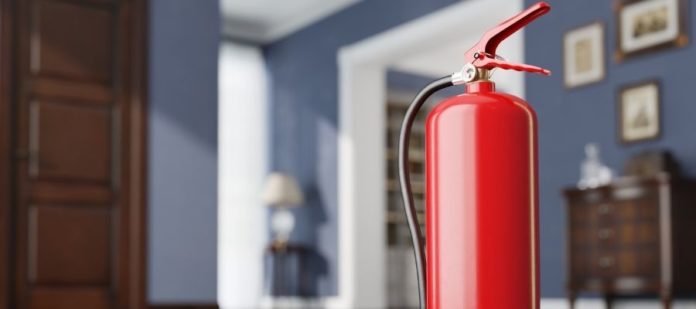It’s difficult to anticipate every area of concern and possible danger in the event of an emergency. You’ve taken the most apparent precautionary steps to help maintain safety and security, but what other tips to prepare for a household emergency should you follow? If tragedy strikes and you have to evacuate your home, there are a few things you’ll want to have secured, so you don’t have to worry in the moment.
Securing Heavy Furniture
In areas where earthquakes occur, homeowners have hopefully taken steps to prevent heavy furniture from toppling over when the house shakes. If you live in a region that experiences earthquakes, you should absolutely consider securing your heavy furniture to a wall. You can tether dressers, cabinets, and shelves to studs with straps to protect your family from having something large fall on anyone.
Additionally, those who live in regions where earthquakes aren’t common should still take similar precautions. Although they’re often random and on a smaller scale, we have seen zones that never have earthquakes experience them. Different places also undergo times in the year where dangerous storms bring high winds that can rip through your property. If this year has taught us anything, we should expect the unexpected and prepare for anything—even the unfathomable.
Emergency Preparedness Gear
With furniture secured, you should consider preparing for emergencies by compiling smaller safety items. Furthermore, establish a plan that your entire family knows and implement protocols for different incidences, and make sure everyone practices these. Ensuring your family knows what to do, where to go, and how to find life-saving equipment is essential.
Some of the items to include with location and use in your home instruction are:
- Fire extinguishers
- Fire ladders
- First aid kit
- Flashlights
- Batteries
- Food and water
- Dust masks
- Whistles
Protecting Your Documents
In addition to safety plans and gear, you may forget about protecting important documents in a frantic state. Lock your birth documents, essential legal and financial papers, and any other important documents that would be difficult or impossible to replace in a fire-resistant safe. You could also store them in a safety deposit box at the bank.
You want to keep these items safe from the elements such as fire, water, and wind. There’s also the unfortunate reality that opportunists who can pray on your misfortune may gain access to your private property if disaster strikes. As you find yourself away from your residence, you still want to secure your most important information so it’s unavailable to prying eyes.
There are always going to be unknowns and things that slip our minds when an emergency occurs. Taking as many precautionary measures and adhering to tips to prepare for a household emergency will hopefully help prepare you for something that will never happen. In any case, it is better to be safe than sorry.























